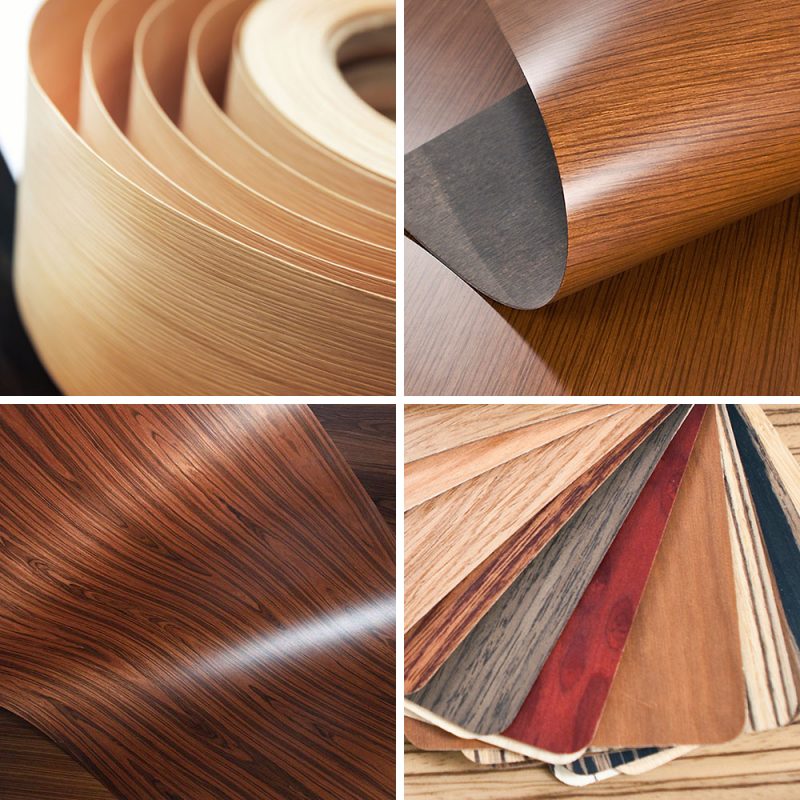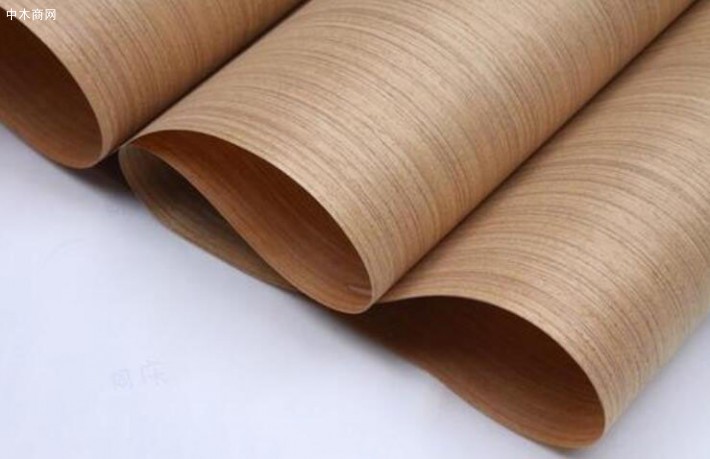Hotel furniture veneer knowledge Veneer is widely used as a finishing material on furniture. The earliest use of veneer discovered so far was in Egypt 4,000 years ago. Due to the tropical desert climate there, wood resources were scarce, but the ruling class loved precious wood very much. Under this circumstance, craftsmen invented the method of cutting wood for use.
1. Wood veneer is classified according to thickness:
Thickness greater than 0.5mm is called thick veneer; otherwise, it is called micro veneer or thin veneer.
2. Wood veneer is classified according to manufacturing method:
It can be divided into planed veneer; rotary cut veneer; sawed veneer; semi-circular rotary cut veneer. Usually, the planing method is used to make more.
3. Wood veneer is classified by variety:
It can be divided into natural veneer; dyed veneer; technological veneer; smoked veneer.
4. Wood veneer is classified by source:
Domestic veneer; imported veneer.
5. Sliced veneer manufacturing production process:
Process: log → cutting → sectioning → softening (steaming or boiling) → slicing → drying (or not drying) → cutting → inspection and packaging → storage.
How to classify hotel furniture by structure
Classification according to material is about style, taste and environmental protection, then classification according to structure is about practicality, safety and durability. The structural forms of furniture include mortise and tenon joints, metal connections, nail joints, glue joints, etc. Due to different joint methods, each has different structural characteristics. In this article, it is divided into three structures: frame structure, plate structure, and technology structure.
(1) Frame structure.
Frame structure is a type of wooden furniture structure characterized by mortise and tenon joints. It is a load-bearing frame made of wood planks connected by mortise and tenon joints, and the outer plywood is connected to the frame. Frame furniture is usually not removable.
(2) Board structure.
Board structure (also known as box structure) refers to a furniture structure that uses synthetic materials (such as medium-density fiberboard, particleboard, multi-layer board, etc.) as the main raw materials, and uses medium-density fiberboard, particleboard, multi-layer board and other furniture components. The board components are connected and assembled through special metal connectors or round bar tenons. Mortise and tenon joints can also be used, such as the drawers of traditional furniture. Depending on the type of connector, board-type houses can be divided into removable and non-removable. The main advantages of removable board-type furniture are that it can be repeatedly disassembled and assembled, and is suitable for long-distance transportation and packaging sales.
(3) Technological structure.
With the advancement of technology and the emergence of new materials, the construction of furniture can be completely separated from the traditional way. For example, furniture made of metal, plastic, glass, fiber steel or plywood as raw materials through molding or other processes. In addition, there are inner capsules made of high-density plastic film, furniture made of materials such as air or water, etc. Its characteristic is that it is completely free from traditional frames and panels.
Post time: Jul-15-2024






